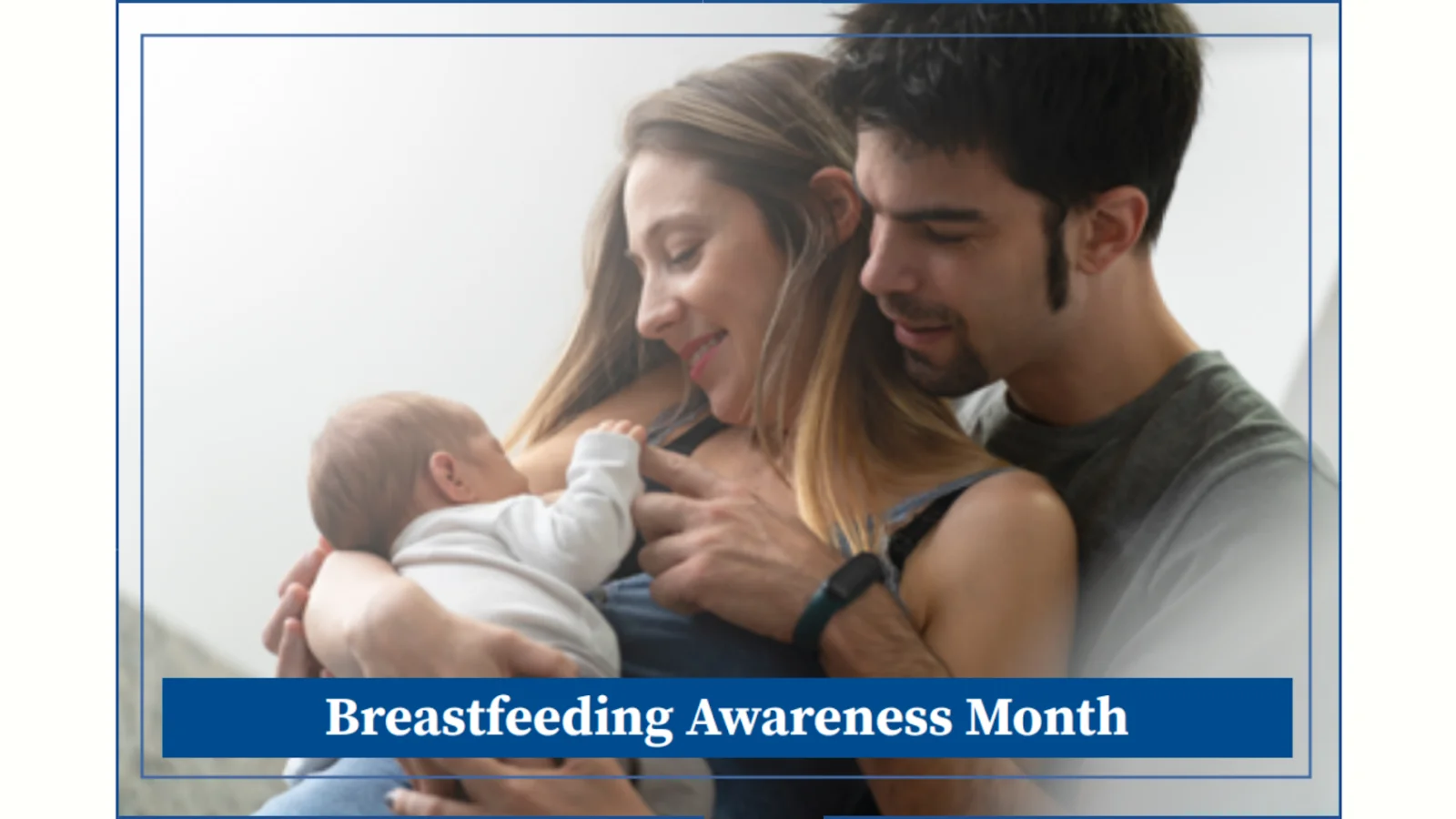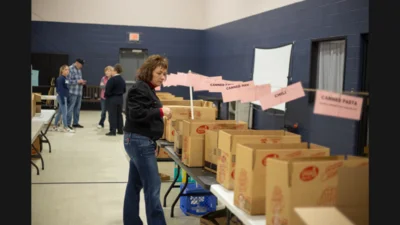Knox Public Health has announced that the Breastfeeding Network of Knox County will host a Big Latch On event on August 16 to mark Breastfeeding Awareness Month.
According to Knox Public Health, the Big Latch On in Knox County is scheduled for August 16 from 9 to 11 a.m. at the Mount Vernon Farmer’s Market, located at 6 Public Square. The event invites breastfeeding and expecting mothers, their children, and supporters. This global initiative, held annually in nearly 800 locations across 28 countries, aims to promote breastfeeding, foster community connections, and highlight its health benefits. Knox County has been participating for over a decade.
"Breastfeeding Awareness Month is a time to celebrate and empower families," said Cyndie Miller, WIC director at Knox Public Health. "Events like the Big Latch On not only promote the health benefits of breastfeeding, but they also create a sense of connection and support among moms in our community. It’s an opportunity for us to remind families that they are not alone on their journey."
Knox Public Health's WIC program supports breastfeeding families by serving as a local drop site for the OhioHealth Mothers’ Milk Bank. With funding from Women United, the site stores donated milk for transport to Columbus where it is pasteurized and distributed by prescription to infants in need. Healthy lactating women can apply to donate by completing interviews, health screenings, and blood tests with local drop-offs arranged through the Knox County WIC Clinic.
"The drop site enables us to provide a safe and simple way for nursing mothers to share their milk with medically fragile infants and children," said Heidi Myers, who spearheaded the project at Knox Public Health.
Knox Public Health provides services related to disease prevention, environmental health, and health education throughout Knox County. The agency addresses public health concerns such as water contamination, food safety, improper waste disposal, and communicable disease outbreaks. Staff conduct regular inspections of restaurants, pools, and septic systems; provide vaccinations; monitor air and water quality; and offer health programs. The department also supports initiatives on smoking prevention, child safety, and emergency preparedness while fostering community involvement and partnerships with other agencies.







